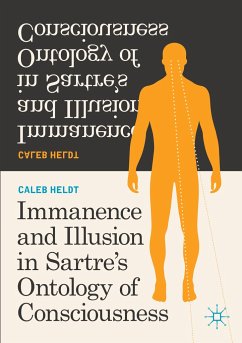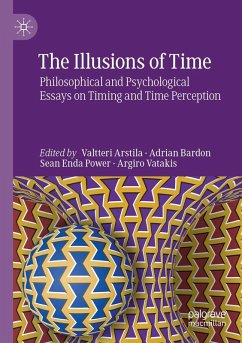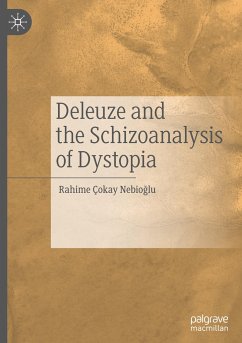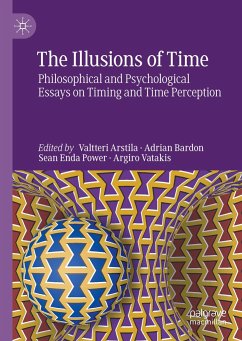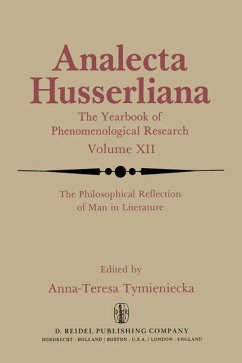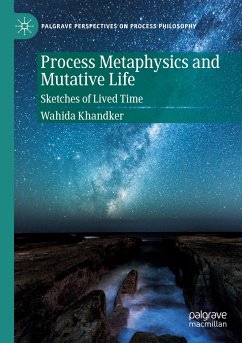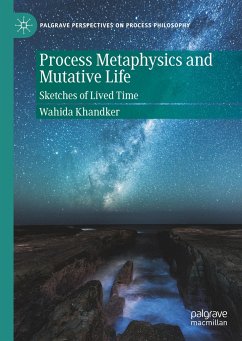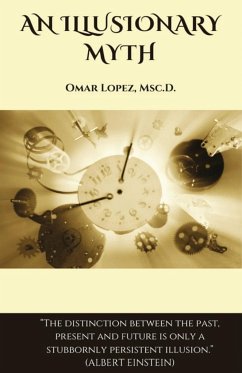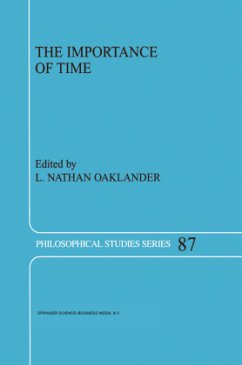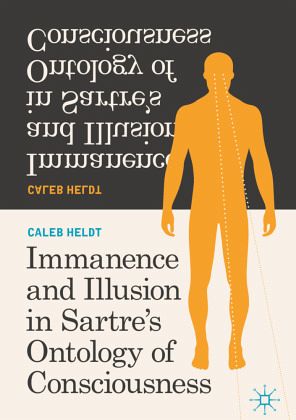
Immanence and Illusion in Sartre's Ontology of Consciousness
Versandkostenfrei!
Versandfertig in 6-10 Tagen
38,99 €
inkl. MwSt.
Weitere Ausgaben:

PAYBACK Punkte
19 °P sammeln!
This book is a critical re-evaluation of Jean-Paul Sartre's phenomenological ontology, in which a theory of egological complicity and self-deception informing his later better known theory of bad faith is developed. This novel reinterpretation offers a systematic challenge to orthodox apprehensions of Sartre's conceputualization of transcendental consciousness and the role that the ego plays within his account of pre-reflective consciousness. Heldt persuasively demonstrates how an adequate comprehension of Sartre's theories of negation and reflection can reveal the world as it appears to human...
This book is a critical re-evaluation of Jean-Paul Sartre's phenomenological ontology, in which a theory of egological complicity and self-deception informing his later better known theory of bad faith is developed. This novel reinterpretation offers a systematic challenge to orthodox apprehensions of Sartre's conceputualization of transcendental consciousness and the role that the ego plays within his account of pre-reflective consciousness. Heldt persuasively demonstrates how an adequate comprehension of Sartre's theories of negation and reflection can reveal the world as it appears to human consciousness as one in which our reality is capable of becoming littered with illusions.
As the foundation upon which the rest of Sartre's philosophical project is built, it is essential that the phenomenological ontology of Sartre's early writings be interpreted with clarity. This book provides such a reinterpretation. In doing so, a philosophical inquiry emerges which is genuinely contemporary in its aim and scope and which seeks to demonstrate the significance of Sartre's thought, not only as significant to the history of philosophy, but to ongoing debates in continental philosophy and philosophy of mind.
As the foundation upon which the rest of Sartre's philosophical project is built, it is essential that the phenomenological ontology of Sartre's early writings be interpreted with clarity. This book provides such a reinterpretation. In doing so, a philosophical inquiry emerges which is genuinely contemporary in its aim and scope and which seeks to demonstrate the significance of Sartre's thought, not only as significant to the history of philosophy, but to ongoing debates in continental philosophy and philosophy of mind.



